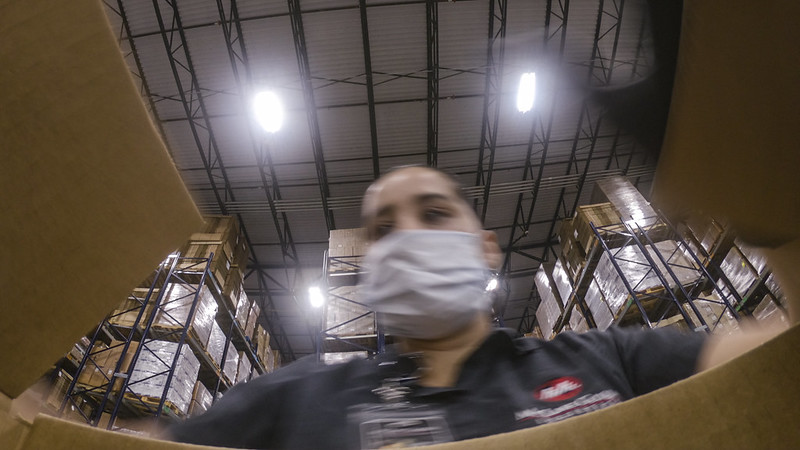How to reward immigrant essential workers: Give those risking their lives during the coronavirus a path to citizenship

U.S. Department of Agriculture
We can show appreciation for immigrant essential workers by allowing them to continue to work and by providing clear pathways to citizenship.
Every night at 7 p.m. in New York City, we clap and make noise for essential and frontline workers. In 2017, more than 15% of the health-care labor force were immigrants, and a larger percentage are home health aides, cleaning and support staff, yet immigrant communities continue to be under attack. Many undocumented immigrant essential workers and their families are left out of lifesaving benefits like unemployment insurance and stimulus payments. The Trump administration continues to ramp up its deportation machine, the president tweets that he will suspend some immigration, and ICE detainees continue to be at risk to catch COVID-19 with no release in sight.
We can show appreciation for immigrants and the important ways they are keeping us safe, healthy and fed, by allowing them to continue to work and by providing clear pathways to citizenship.
Those on the front lines of this crisis are delivery and grocery workers, food preparers, nursing home and hospital staff, janitors, and agricultural laborers. They don’t have the luxury of not going to work; they are essential. They always have been essential, it’s just now clearer than ever.
The U.S. has long had special protections and paths to lawful status for immigrants who serve in our military during “periods of hostility.” Presidents designate when the nation is under a period of hostility to trigger this statute and allow immigrants who are risking their lives for our country to move quickly through the legal process to obtain U.S. citizenship. President George W. Bush designated such a period that is still active after 9/11.
Although we are now fighting a very different enemy, the rationale for invoking such an exceptional law is the same. Our essential immigrant workers are putting their lives on the line to protect and serve our communities.

